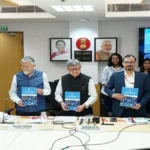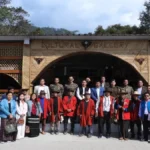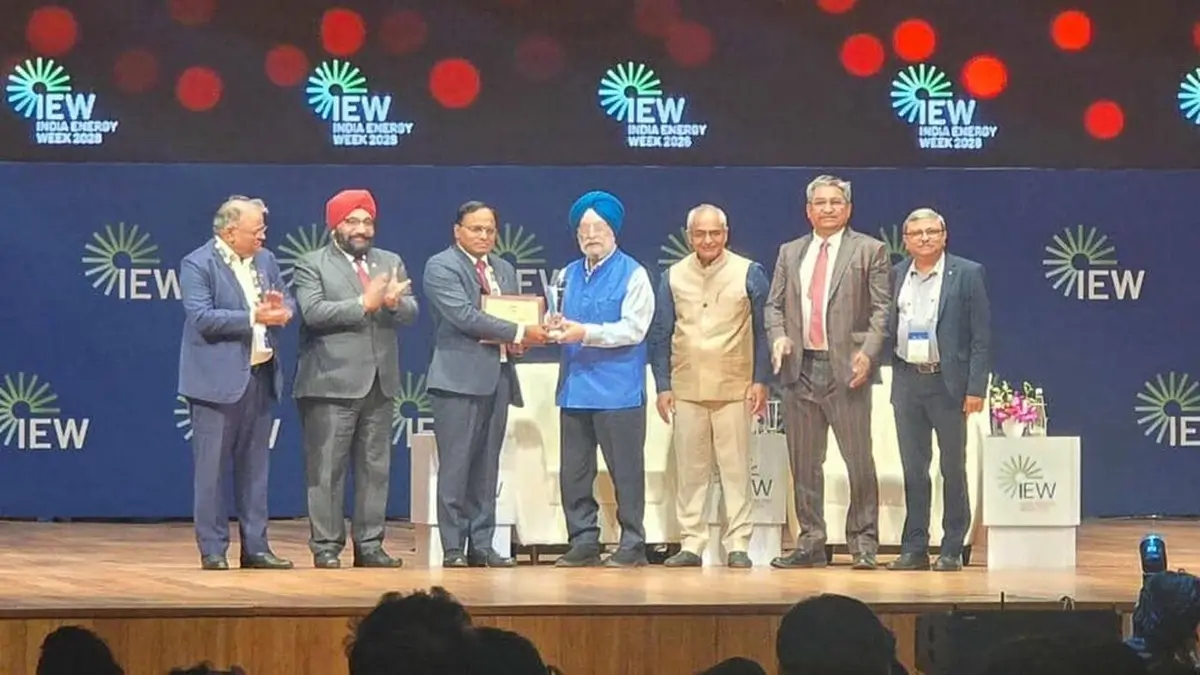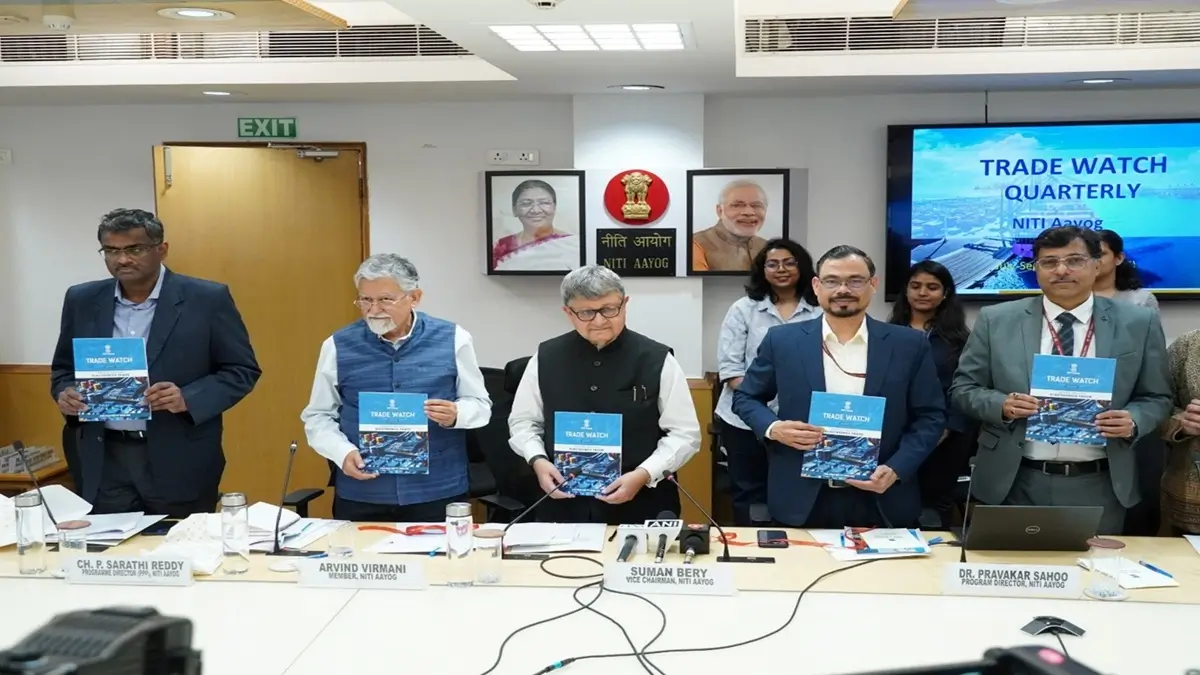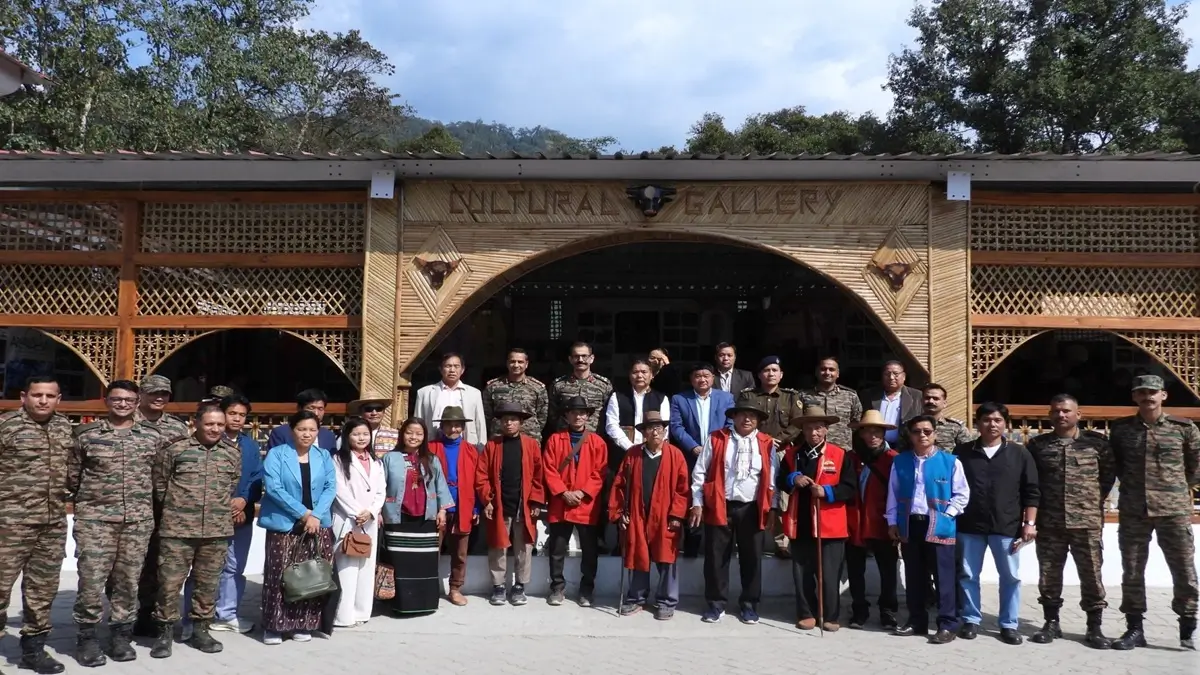NABARD-RBI Innovation Hub Partnership Accelerates Digital Agri-Lending
In a significant stride towards digitizing agricultural lending processes, the National Bank for Agriculture and Rural Development (NABARD) has joined forces with the Reserve Bank of India (RBI) Innovation Hub. This collaboration aims to foster innovation and technological advancements in the domain of agricultural finance, facilitating smoother lending experiences for farmers across the nation.
Partnership for Agricultural Transformation The partnership between NABARD and RBI’s Innovation Hub marks a pivotal moment in the digitization journey of agricultural lending in India. By leveraging cutting-edge technologies and innovative solutions, the collaboration seeks to address longstanding challenges in the agricultural financing landscape.
Harnessing Digital Solutions for Farmers’ Benefit With the advent of digital platforms and fintech solutions, there exists a tremendous opportunity to streamline and optimize the lending process for agricultural purposes. Through this partnership, NABARD and RBI aim to harness the power of digital innovations to enhance financial inclusion and empower farmers with easier access to credit facilities.
Empowering Farmers through Financial Inclusion One of the primary objectives of this collaboration is to promote financial inclusion among farmers, especially those in remote and underserved regions. By integrating digital solutions into agricultural lending practices, NABARD and RBI aspire to bridge the gap between traditional banking systems and the evolving needs of the farming community.
Driving Sustainable Agriculture Practices In addition to enhancing accessibility to credit, the partnership emphasizes the importance of promoting sustainable agricultural practices. By incorporating digital technologies into lending operations, financial institutions can encourage farmers to adopt eco-friendly farming techniques and invest in modern agricultural equipment.
Fostering Economic Growth and Development Ultimately, the collaboration between NABARD and RBI’s Innovation Hub is poised to contribute significantly to India’s agricultural sector’s growth and development. By catalyzing digital transformation in agri-lending, the initiative aims to bolster rural livelihoods, stimulate economic prosperity, and ensure food security for the nation.

- NABARD RBI Collaboration
Why this News is Important:
Advancing Agricultural Finance through Digital Innovation The partnership between NABARD and RBI’s Innovation Hub holds immense significance in the realm of agricultural finance. By leveraging digital technologies, the collaboration aims to revolutionize lending practices, thereby enhancing financial inclusion and empowering farmers across India.
Driving Financial Inclusion and Empowerment In a country where agriculture serves as the backbone of the economy, ensuring access to credit for farmers is paramount. The NABARD-RBI partnership underscores the importance of leveraging innovation to overcome barriers to financial access, ultimately empowering farmers and fostering inclusive growth.
Pioneering Sustainable Agricultural Practices Beyond mere digitization, the collaboration emphasizes the promotion of sustainable agricultural practices. By integrating digital solutions into lending processes, financial institutions can incentivize farmers to adopt environmentally friendly techniques, contributing to long-term sustainability and resilience in the sector.
Addressing Rural Banking Challenges Rural areas often face challenges related to banking accessibility and infrastructure. Through this partnership, NABARD and RBI seek to address these issues by leveraging technology to facilitate seamless and efficient lending processes, thereby bridging the gap between urban and rural financial ecosystems.
Contributing to National Economic Development The digitization of agricultural lending is not only beneficial for farmers but also for the overall economic development of the country. By catalyzing innovation in this crucial sector, the NABARD-RBI collaboration is poised to drive growth, create employment opportunities, and strengthen India’s position as a global agricultural powerhouse.
Historical Context:
In the context of India’s agrarian economy, access to credit has always been a crucial factor determining the livelihoods of millions of farmers. Historically, traditional lending practices have often been marred by inefficiencies, bureaucratic hurdles, and geographical constraints, limiting farmers’ access to financial resources.
Despite various government initiatives and institutional frameworks like NABARD, challenges such as inadequate infrastructure, lack of awareness, and the prevalence of informal credit sources have persisted, hindering the sector’s growth potential. Recognizing the need for transformative change, policymakers and financial institutions have increasingly turned to technology-driven solutions to address these longstanding challenges.
The emergence of digital platforms, mobile banking, and fintech innovations has presented a unique opportunity to revolutionize agricultural finance in India. By leveraging digital technologies, financial institutions can overcome traditional barriers and provide farmers with convenient, transparent, and accessible credit facilities.
The partnership between NABARD and RBI’s Innovation Hub is a testament to this paradigm shift towards digitization in agricultural lending. It builds upon previous efforts to modernize the sector and represents a concerted effort to harness innovation for the benefit of farmers and the broader economy.
Key Takeaways from “NABARD-RBI Innovation Hub Partnership Accelerates Digital Agri-Lending”
| Serial Number | Key Takeaway |
|---|---|
| 1. | Collaboration between NABARD and RBI’s Innovation Hub aims to digitize agricultural lending processes for greater efficiency and accessibility. |
| 2. | The partnership seeks to promote financial inclusion among farmers, especially those in remote areas, by leveraging digital solutions. |
| 3. | Beyond financial access, the initiative emphasizes the adoption of sustainable agricultural practices through incentivization and support. |
| 4. | Digital transformation in agri-lending is expected to bridge the gap between urban and rural financial ecosystems, addressing rural banking challenges. |
| 5. | The initiative is poised to contribute to India’s economic development by driving growth, creating employment, and strengthening the agricultural sector’s resilience. |
Important FAQs for Students from this News
Q1: What is the significance of the partnership between NABARD and RBI’s Innovation Hub?
A: The partnership aims to digitize agricultural lending processes, promote financial inclusion among farmers, and drive sustainable agricultural practices.
Q2: How will the collaboration between NABARD and RBI benefit farmers?
A: Farmers will benefit from easier access to credit, adoption of digital solutions, promotion of sustainable farming practices, and bridging of rural-urban financial gaps.
Q3: What challenges does the partnership address in rural banking?
A: The partnership addresses challenges such as limited banking accessibility, bureaucratic hurdles, and reliance on informal credit sources in rural areas.
Q4: What are the key objectives of digitizing agricultural lending?
A: The key objectives include enhancing efficiency and accessibility of lending processes, promoting financial inclusion, driving sustainable farming practices, and contributing to economic development.
Q5: How does the partnership contribute to India’s economic growth?
A: By driving growth in the agricultural sector, creating employment opportunities, and strengthening the country’s position as a global agricultural powerhouse.
Some Important Current Affairs Links









